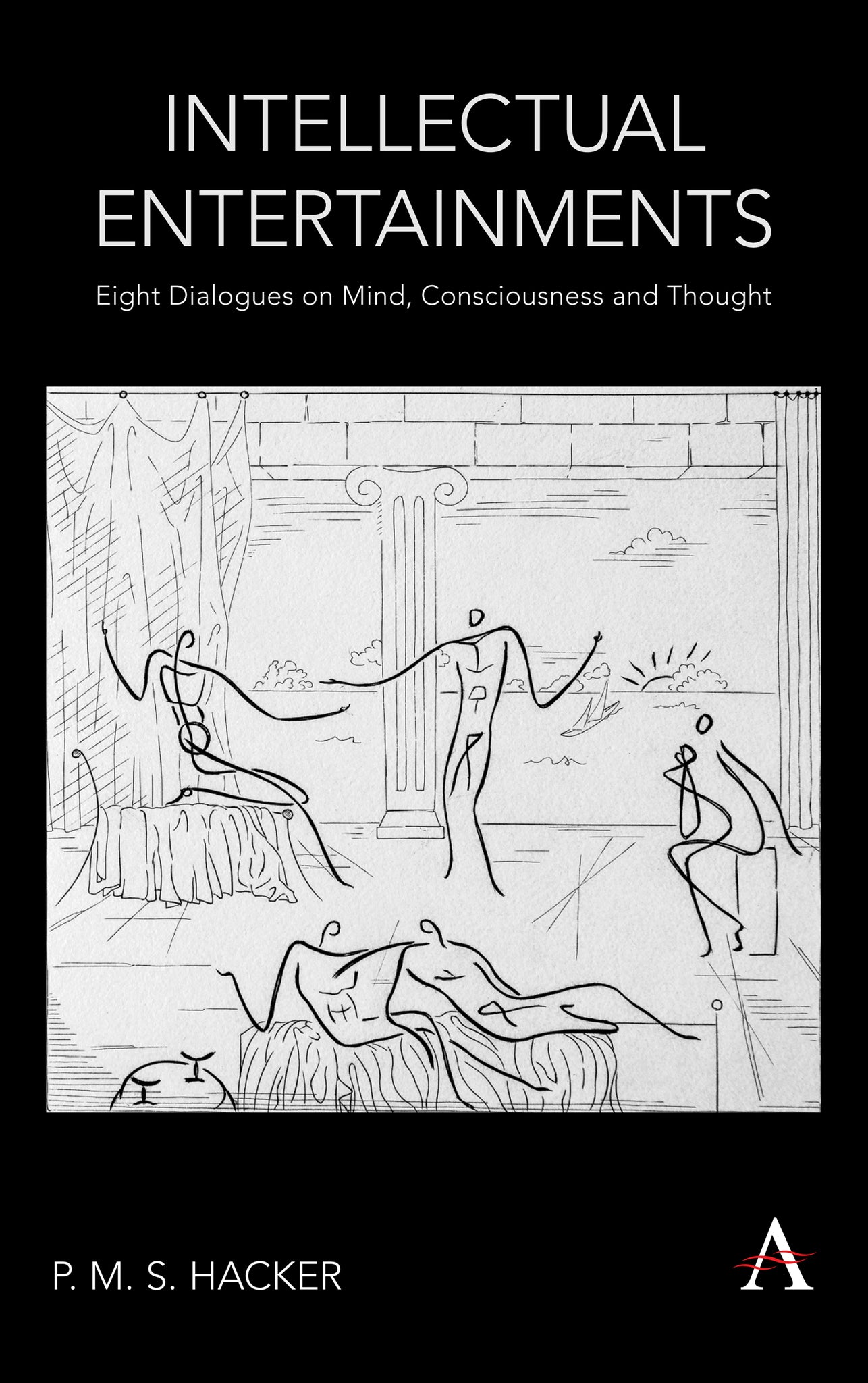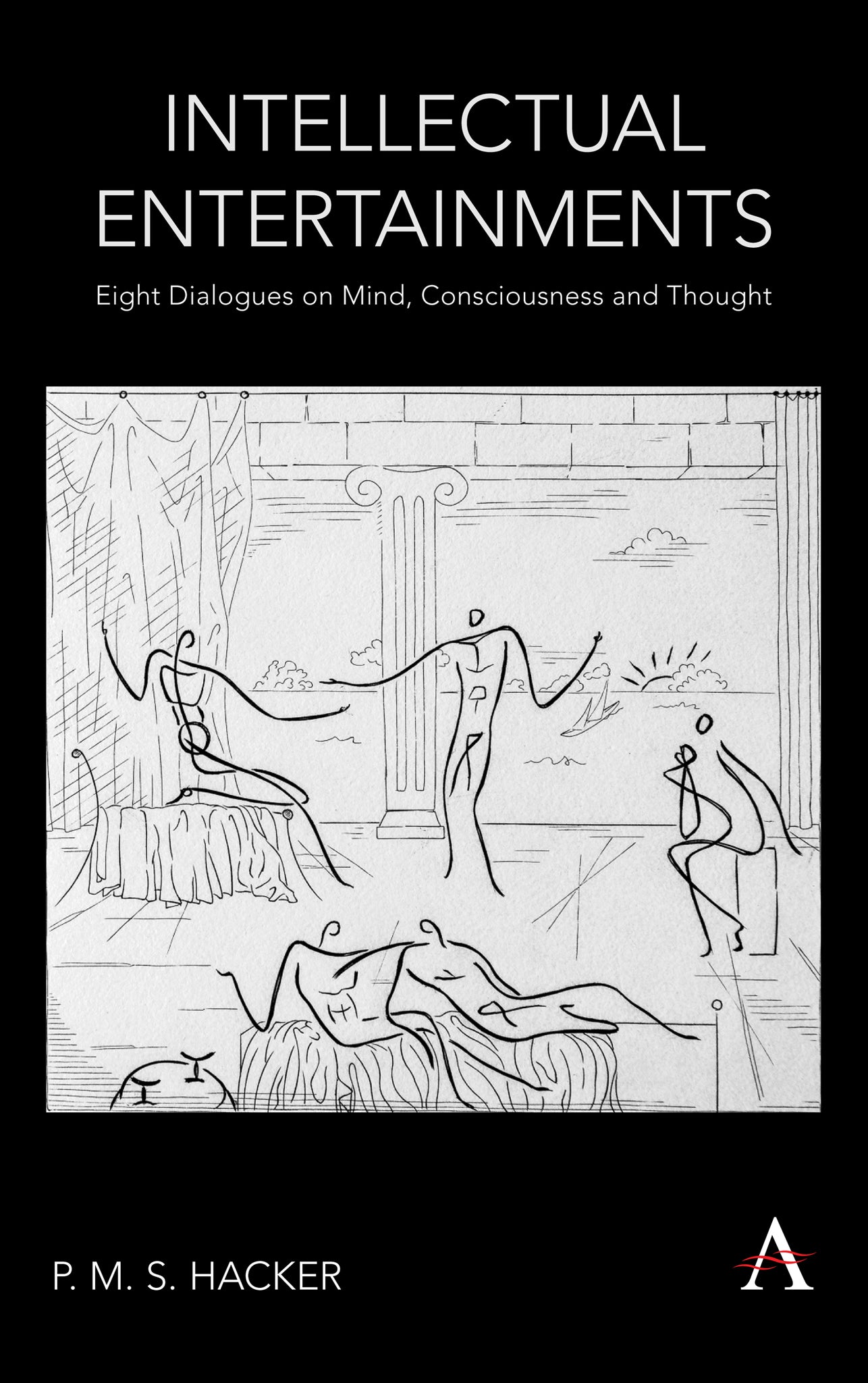We're sorry. An error has occurred
Please cancel or retry.
Intellectual Entertainments

Some error occured while loading the Quick View. Please close the Quick View and try reloading the page.
Couldn't load pickup availability
- Format:
-
28 October 2019

'Intellectual Entertainments' consists of eight philosophical dialogues, each with five participants, some living, some imaginary and some dead. The dialogues take place either in Elysium or in an imaginary Oxford Common Room. Each historical figure speaks in his own idiom with a distinctive turn of phrase. The imaginary figures speak in the accent and idiom of their respective countries (English, Scottish, American, Australian). The themes are the nature of the mind and the relation between mind and body; the nature of consciousness and its demystification; the nature of thought and its relation to speech; and the objectivity or subjectivity of perceptual qualities such as colour, sound, smell, taste and warmth. Each participant presents a different point of view and defends his position against the arguments of the others. No philosophical knowledge is presupposed.

PHILOSOPHY / General, PSYCHOLOGY / General, SCIENCE / Cognitive Science, SCIENCE / Life Sciences / Neuroscience

‘No one interested in philosophy should miss this exceptional opportunity to enter the philosophical fray through dialogues spiced with humour, and achieve clarity on the most difficult and controversial philosophical questions such as the nature of the mind; how it relates to the body and differs from the brain; whether consciousness exists; the nature of thought and how it relates to language. This is a tour de force by the most eminent Wittgenstein scholar of our time.’ — Daniele Moyal-Sharrock, Professor of Philosophy, University of Hertfordshire, UK, and President of the British Wittgenstein Society
Preface; Acknowledgements; Section 1 Two Dialogues on Mind and Body; Introduction; First Dialogue On the Nature of the Mind; Second Dialogue The Mind and the Body; Section 2 Two Dialogues on Consciousness; Introduction; Third Dialogue The Mystery of Consciousness; Fourth Dialogue Consciousness as Experience – Consciousness as Life Itself; Section 3 A Dialogue on the Objectivity or Subjectivity of Perceptual Qualities; Introduction; Fifth Dialogue On the Objectivity or Subjectivity of Perceptual Qualities; Section 4 Two Dialogues on Thought; Introduction; Sixth Dialogue Thought; Seventh Dialogue Thought and Language; Section 5 A Dialogue on Ownership of Pain; Introduction; Eighth Dialogue Can You Have My Pain? Can Different People Have the Same Pain?



